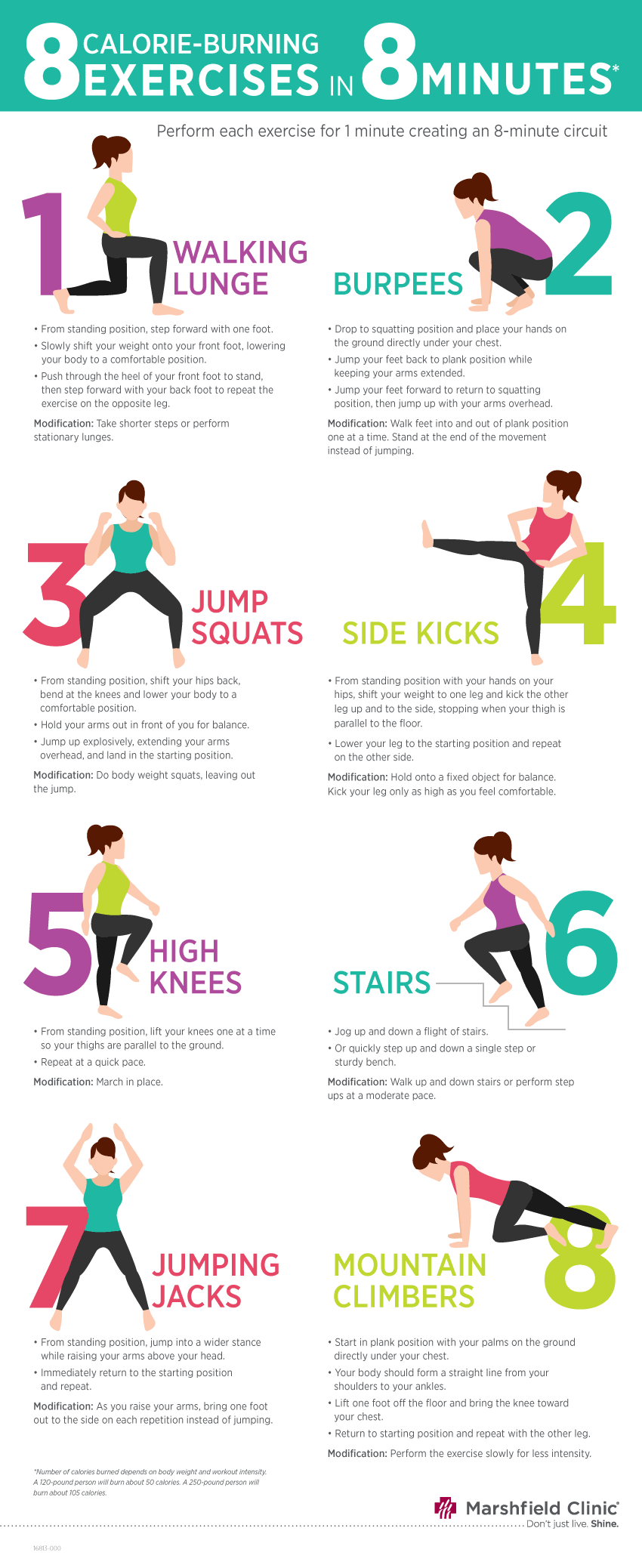Baykanber Insights
Your go-to source for the latest news and trends.
Cardio: The Secret Ingredient to Outrunning Your Stress
Discover how cardio can be your ultimate stress-buster and unlock a happier, healthier you—run your way to a better mindset!
The Science Behind Cardio: How It Fights Stress and Boosts Your Mood
The science behind cardio highlights its remarkable ability to combat stress through physiological and psychological mechanisms. When you engage in cardiovascular exercise, your body releases endorphins, often referred to as 'feel-good' hormones. These neurotransmitters interact with the receptors in your brain to reduce the perception of pain and trigger a positive feeling in the body, effectively acting as natural painkillers. Regular aerobic activity not only decreases levels of the body's stress hormones, such as adrenaline and cortisol, but it also enhances your overall resilience to stress, leading to a healthier emotional balance.
Moreover, cardio workouts can significantly improve your mood by promoting better sleep and increasing energy levels. As you exercise regularly, your body becomes more efficient at regulating sleep patterns, which is crucial since quality sleep is linked to emotional well-being. Additionally, participating in cardio can foster social connections if done in group settings, further enhancing mental health. Therefore, incorporating cardiovascular activities into your routine is not just beneficial for physical fitness, but it is also a powerful tool for managing stress and uplifting your spirits.

5 Effective Cardio Workouts to Help You Combat Daily Stress
In today's fast-paced world, managing stress is essential for maintaining both mental and physical well-being. One of the most effective ways to combat daily stress is through regular cardiovascular exercise. Cardio workouts not only boost your mood but also enhance your overall health. Here are 5 effective cardio workouts that can fit seamlessly into your daily routine:
- Running or Jogging: A simple yet highly effective cardio workout, running or jogging can be done outdoors or on a treadmill. Start with a pace that feels comfortable and gradually increase your distance.
- Cycling: Whether on a stationary bike or cycling outdoors, this low-impact workout can help relieve stress while providing excellent cardiovascular benefits.
- Jump Rope: An often-overlooked workout, jump rope engages multiple muscle groups and can be done in short bursts, making it a great option for those with a tight schedule.
- Dance: Dance workouts, such as Zumba or dance cardio classes, are not only fun but also effective at elevating your heart rate and reducing stress levels.
- Swimming: This full-body workout is gentle on the joints, making it an ideal choice for anyone looking to combine exercise with relaxation.
Is Cardio the Best Stress Reliever? Exploring Different Exercise Options
When it comes to managing stress, many people turn to exercise, and cardio workouts, such as running, cycling, or swimming, are often hailed as the best stress relievers. These activities increase the production of endorphins, the body’s natural mood lifters, creating a phenomenon commonly referred to as the ‘runner’s high’. Moreover, engaging in cardio raises your heart rate, which can help relieve tension in the body and promote a feeling of well-being. However, while cardio is indeed effective, it’s important to understand that it’s not the only option available. Other forms of exercise, such as strength training, yoga, and pilates, can also contribute significantly to stress relief.
Each exercise type offers unique benefits that may be more suitable depending on personal preferences and physical capabilities. For instance, strength training is not only great for building muscle but also fosters a sense of accomplishment and confidence, which can further alleviate stress. Yoga, on the other hand, combines physical movement with mindfulness and deep breathing, helping to calm the mind and reduce anxiety. Consequently, the best approach for stress relief may vary from person to person. The key is to find an exercise routine that you enjoy and can commit to, ensuring that you can effectively manage stress in the long run.